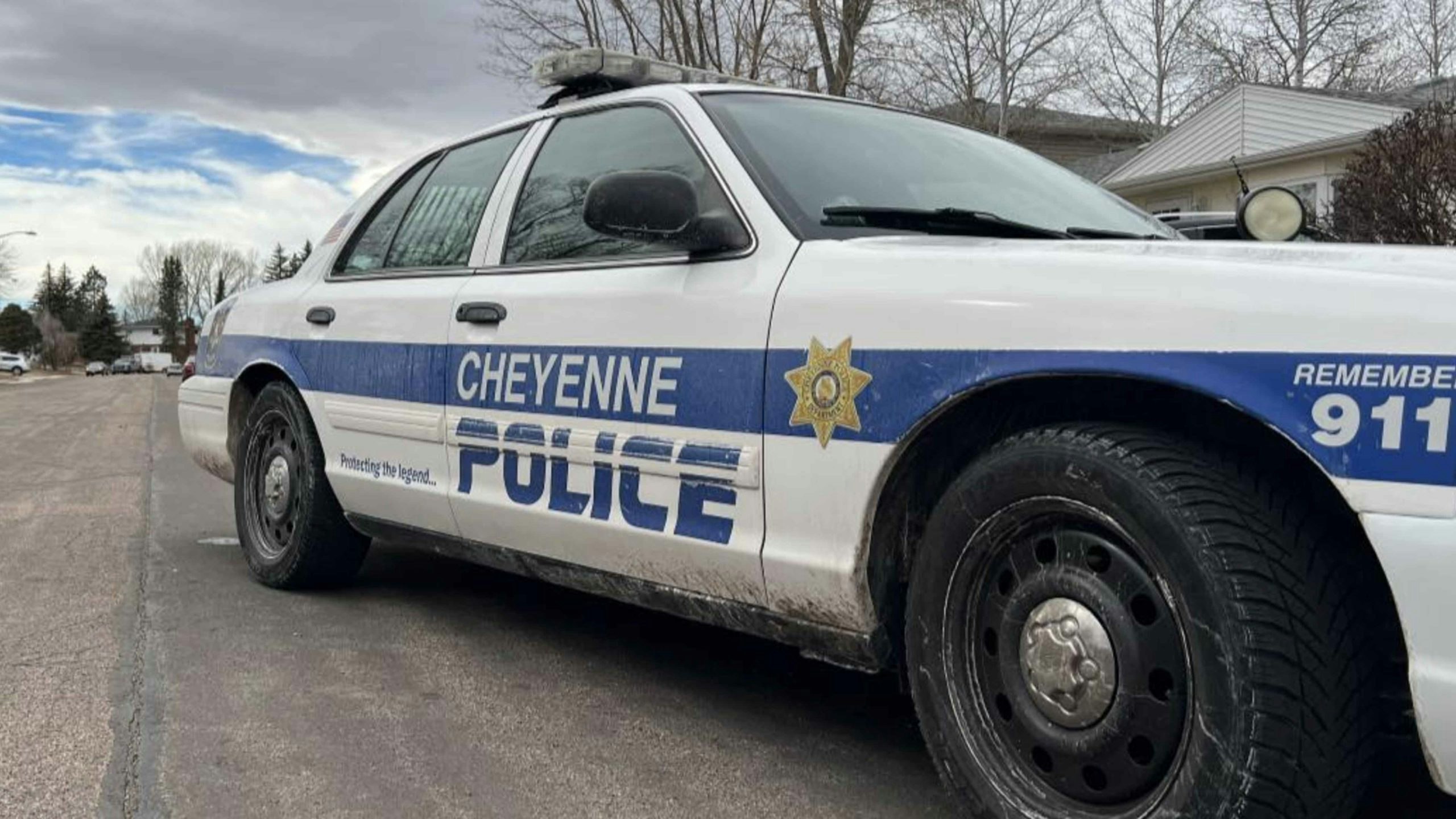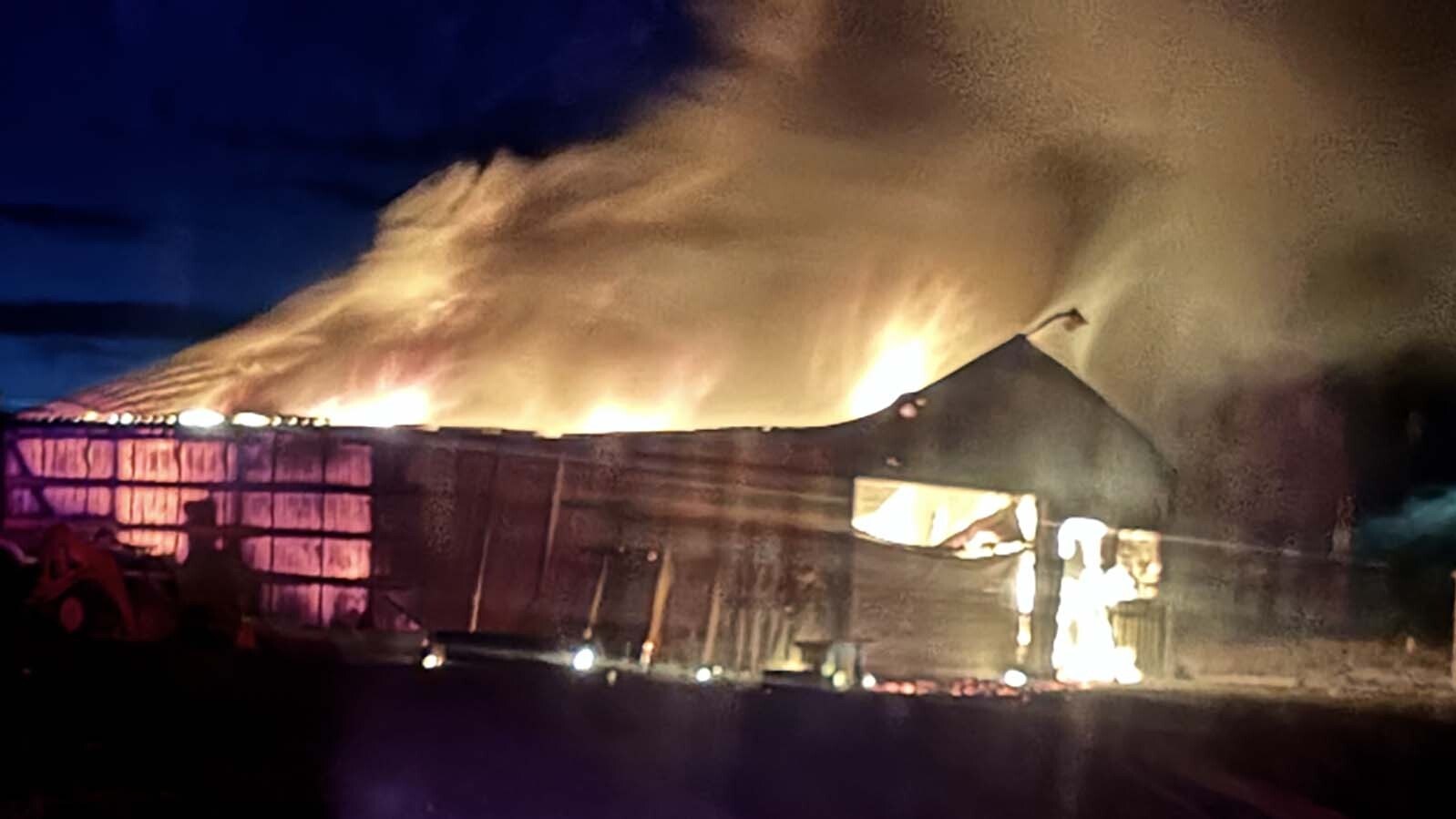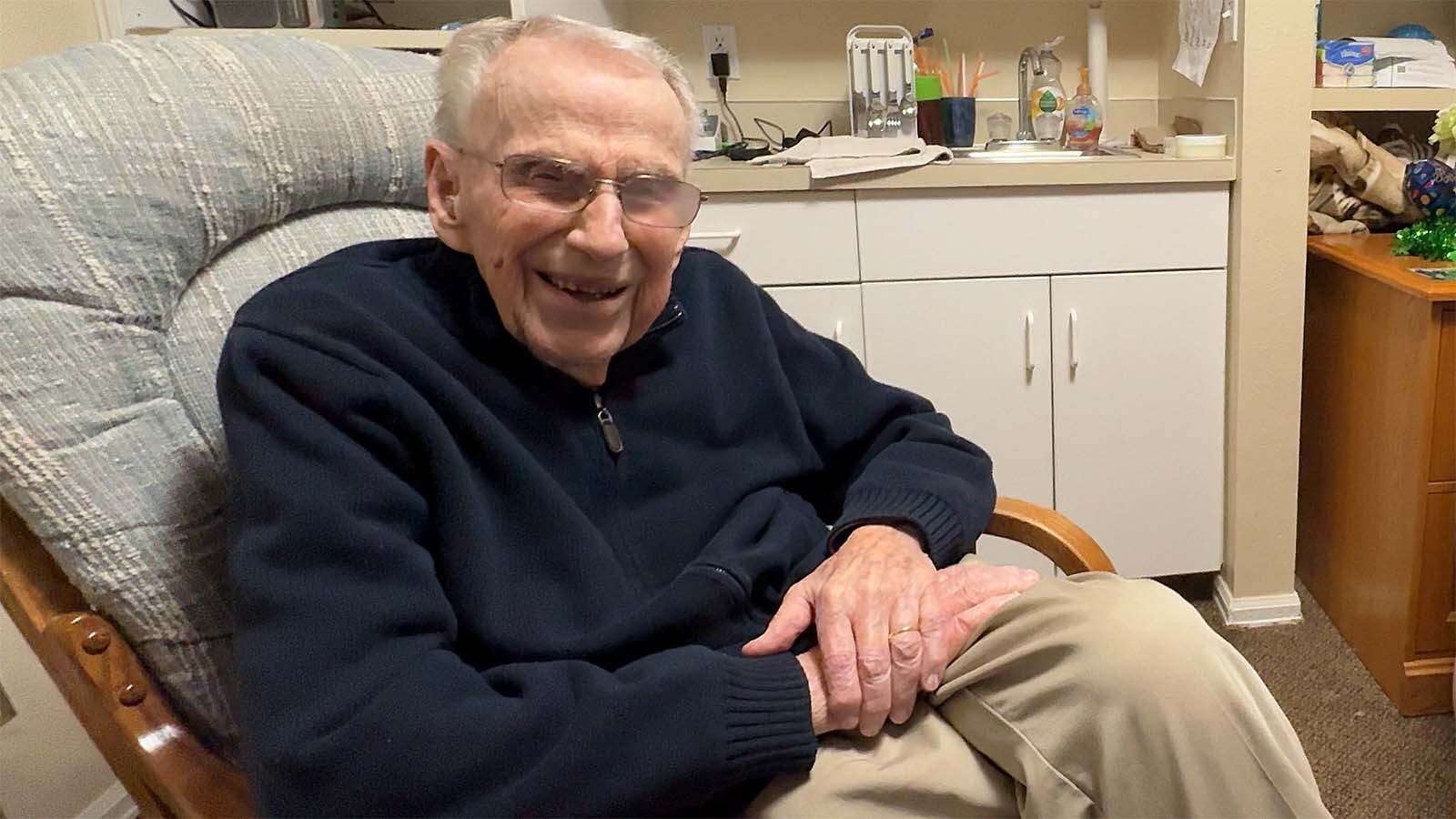The former chief of the Cheyenne Police Department on Tuesday praised a federal judge’s decision in favor of the department in a case over a blood draw in a driving under the influence case.
Former Cheyenne Police Chief Brian Kozak told Cowboy State Daily on Tuesday he was glad U.S. District Judge Scott Skavdahl ruled in favor of the police department.
“I think the judge made a good decision once the court looked at all the facts in the case,” he said.
On March 8, U.S. District Court Judge Scott W. Skavdahl ruled in favor of Cheyenne and several individual officers accused of violating the rights of Cheyenne resident Michael A. Sena’s rights.
On Oct. 30, 2019, Sena was arrested on suspicion of driving under the influence of alcohol after he crashed his vehicle and showed other signs of impairment. Following his arrest, he was taken to Cheyenne Regional Medical Center, where blood was drawn.
Sena sued the department, arguing that his Fourth Amendment rights were violated because officers used an invalid search warrant to take him to CRMC and make him submit to a blood test against his will.
But Skavdahl said the initial observations and tests by police at the scene, including a breathalyzer result, a failed eye test, slurred speech, the odor of alcohol, poor balance and Sena’s admission to drinking alcohol, all supported a the issuing of a warrant for a blood draw.
Kozak said during his time as police chief, he and the department were sued about two to four times a year, so the situation was nothing new. However, this case was definitely unique, he said.
“The key is to make sure we have a good basis for training and policies and to have good leadership in place,” he said. “It’s part of the job, being sued. We’ve never had judgement against us, that held us liable, during my entire career in law enforcement. You’re going to get sued, but you do your job right, it’s going to be OK.”
Sena also claimed that he was physically assaulted by an officer who was trying to get him to cooperate for the blood draw. The officer’s statement “You know you’re going to end up in the hospital, right?” should be considered excessive force under the Fourth Amendment, Sena said.
But Skavdahl wrote than when read in context, the officer’s statement about the hospital did not appear to threaten violence, but referenced going to the hospital for a compulsory blood draw.
“This comment does not seem to rise to the level of threatening language. Similarly, the officer’s threat to perform facedown stabilization, absent any accompanying physical act, is not excessive force,” Skavdahl wrote.
Kozak said the lawsuit was unusual because it challenged a very common police practice.
“The allegation is that we violated his constitutional rights by obtaining a search warrant…so it’s kind of odd we were being sued for doing what most officers are trained to do,” he said.
He noted that it takes about 10 minutes for an officer to obtain a search warrant for a blood draw.
Kozak’s successor also praised Skavdahl’s decision last week.
“The judgment confirms that the officer’s actions in the arrest of Sena were constitutionally sound, and that Sena’s claims were without merit,” Cheyenne Police Chief Mark Francisco said. “Further, the judgment confirms the department’s training and policies are in line with state statute.”





